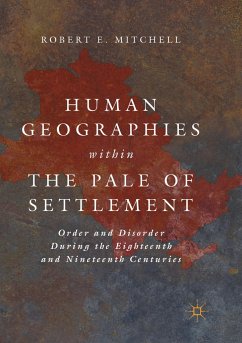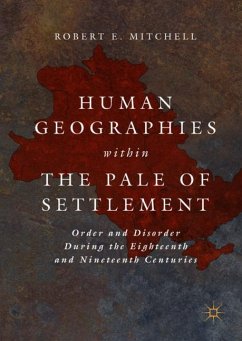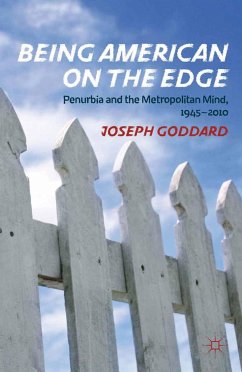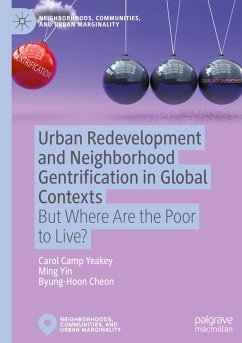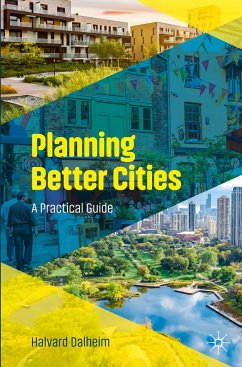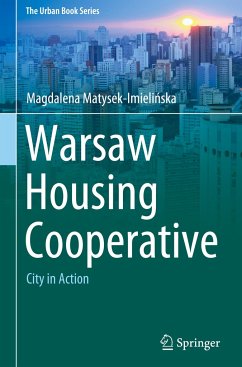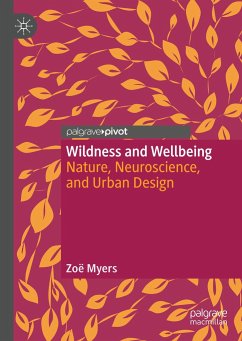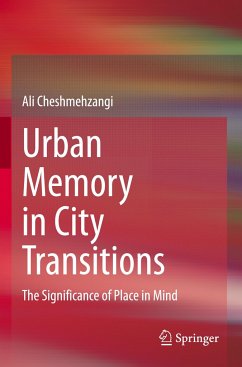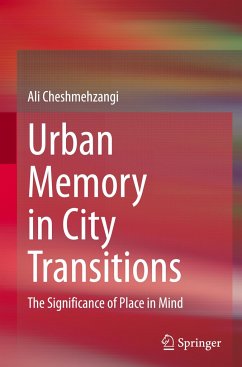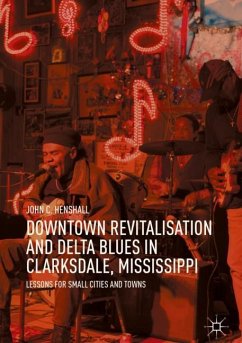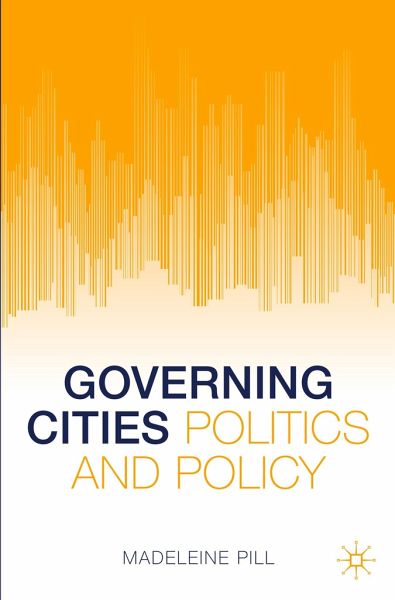
Governing Cities
Politics and Policy

PAYBACK Punkte
15 °P sammeln!
In our urban world, cities are where most of us experience how our economies and societies are organised and the inequalities which result. This textbook introduces ideas, theories, concepts and examples to help us understand the political and policy challenges of governing cities, centred on the principal challenge of how to make our cities more equitable. It poses critical questions - about how cities are governed, by whom, according to what values, and for whom - and draws from a wide range of urban scholarship. The 'how' covers urban politics and the policy instruments which result. The 'b...
In our urban world, cities are where most of us experience how our economies and societies are organised and the inequalities which result.
This textbook introduces ideas, theories, concepts and examples to help us understand the political and policy challenges of governing cities, centred on the principal challenge of how to make our cities more equitable. It poses critical questions - about how cities are governed, by whom, according to what values, and for whom - and draws from a wide range of urban scholarship. The 'how' covers urban politics and the policy instruments which result. The 'by whom' addresses power relations within and beyond the city and the tensions between different priorities and values. The 'for whom' centres equity and the role of citizens and collective action in how we are governed.
In addressing these questions, the book provides an overview of the core theories of urban politics and governance, thinks about what happens at different scales, and examines new forms of citizen activism which herald alternatives for cities. It is a unique introduction to students, policymakers and practitioners who want to understand and seek to improve urban politics and policy.
This textbook introduces ideas, theories, concepts and examples to help us understand the political and policy challenges of governing cities, centred on the principal challenge of how to make our cities more equitable. It poses critical questions - about how cities are governed, by whom, according to what values, and for whom - and draws from a wide range of urban scholarship. The 'how' covers urban politics and the policy instruments which result. The 'by whom' addresses power relations within and beyond the city and the tensions between different priorities and values. The 'for whom' centres equity and the role of citizens and collective action in how we are governed.
In addressing these questions, the book provides an overview of the core theories of urban politics and governance, thinks about what happens at different scales, and examines new forms of citizen activism which herald alternatives for cities. It is a unique introduction to students, policymakers and practitioners who want to understand and seek to improve urban politics and policy.





